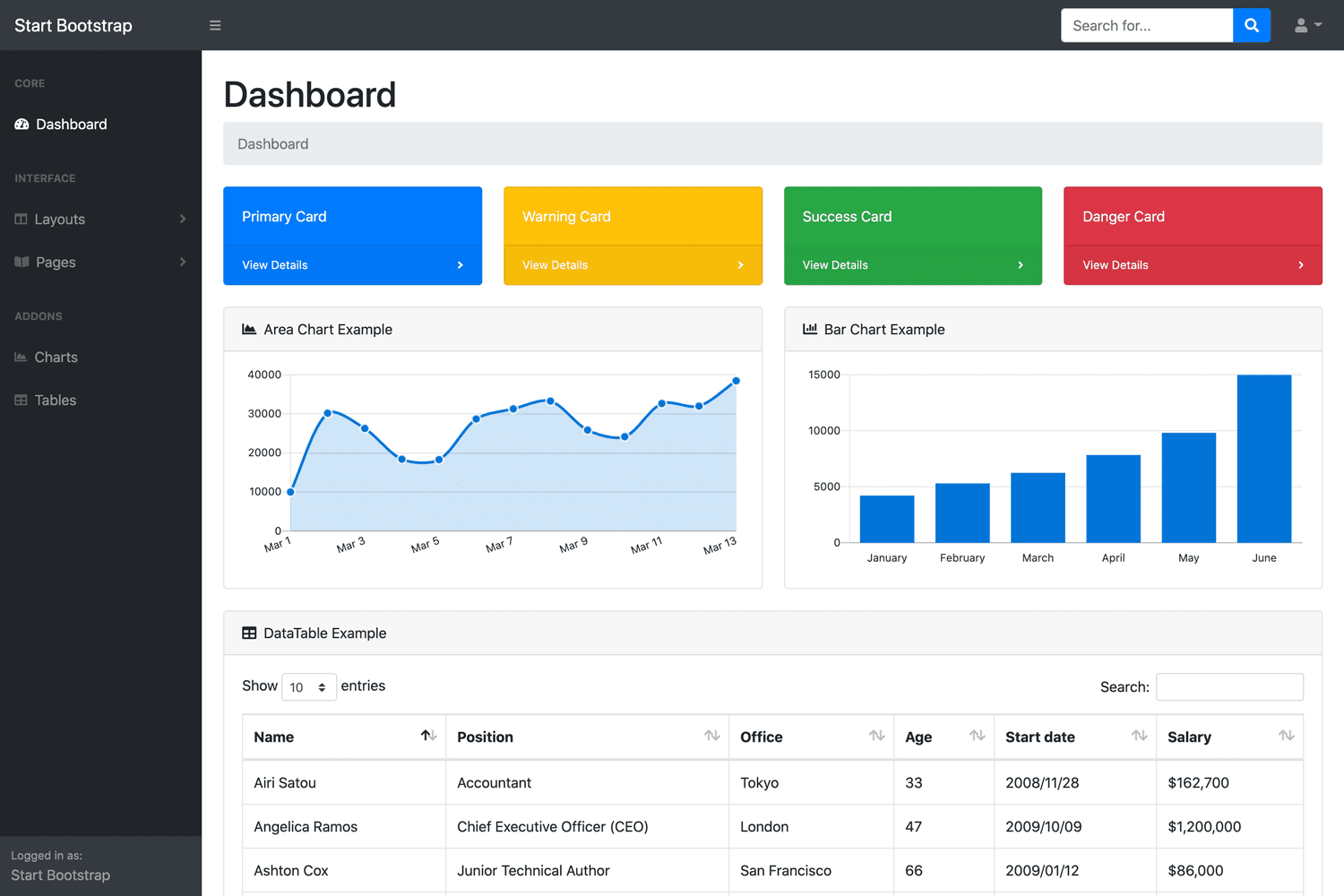How to fix Unable to resolve service for type 'Microsoft.AspNetCore.Identity.UserManager'
By Tan Lee Published on May 25, 2024 2.38K
The error message
InvalidOperationException: Unable to resolve service for type 'Microsoft.AspNetCore.Identity.IRoleStore`1[Microsoft.AspNetCore.Identity.IdentityRole]' while attempting to activate 'Microsoft.AspNetCore.Identity.RoleManager`1[Microsoft.AspNetCore.Identity.IdentityRole]'.
This often happens when you forget to register the required services in the dependency injection container.
To fix this issue:
You need to use the same user data model in SignInManager, UserManager.
In your Startup.cs file, make sure you have added the Identity services in the ConfigureServices method. It should look something like this:
services.AddDbContext<ApplicationDbContext>(options => options.UseSqlServer(Configuration.GetConnectionString("DefaultConnection")));
services.AddIdentity<ApplicationUser, ApplicationRole>()
.AddEntityFrameworkStores<ApplicationDbContext>()
.AddCustomStores()
.AddDefaultTokenProviders();Make sure to replace ApplicationUser with your custom user class if you've created one.
In your controller or service where you're trying to use UserManager, ensure that you're properly injecting it through the constructor.
For example:
private readonly UserManager<ApplicationUser> _userManager;
public YourController(UserManager<ApplicationUser> userManager)
{
_userManager = userManager;
}Ensure that your DbContext is properly configured and registered with the services. If you're using Entity Framework Core for data access, make sure your DbContext is added to the services in Startup.cs.
Ensure that you haven't misspelled the type name or are using the correct namespace for UserManager. The correct namespace is Microsoft.AspNetCore.Identity.
If you have any custom service registrations or are using a third-party library that might interfere with the dependency injection, ensure that they are configured correctly.
- Implement security headers for an ASP.NET Core
- How to add security headers to an ASP.NET Core Application
- How to Initialize TagHelpers in ASP.NET Core with Shared Data
- Boost Your ASP.NET Core Website Performance with .NET Profiler
- The name 'Session' does not exist in the current context
- Implementing Two-Factor Authentication with Google Authenticator in ASP.NET Core
- How to securely reverse-proxy ASP.NET Core
- How to Retrieve Client IP in ASP.NET Core Behind a Reverse Proxy





